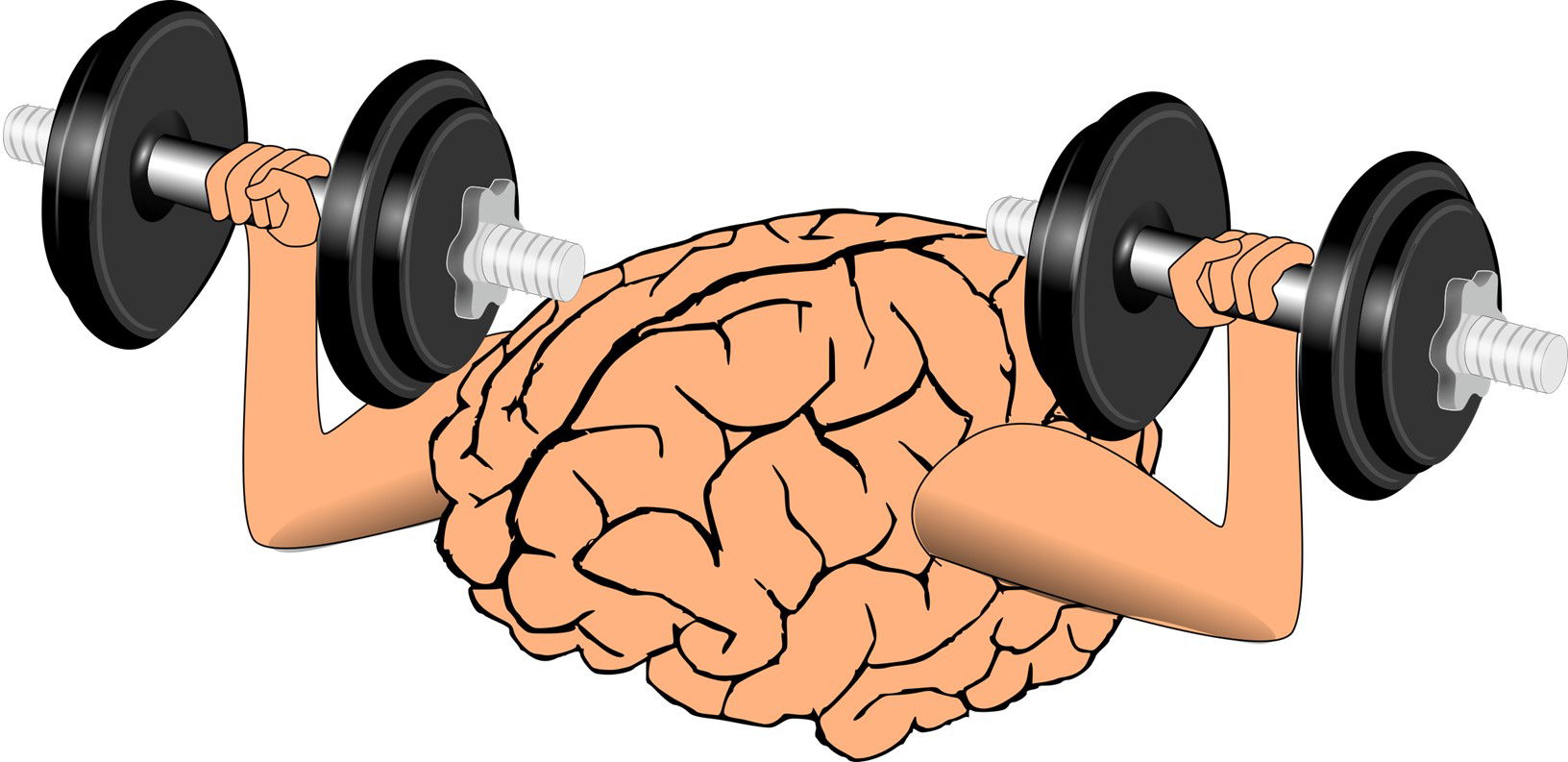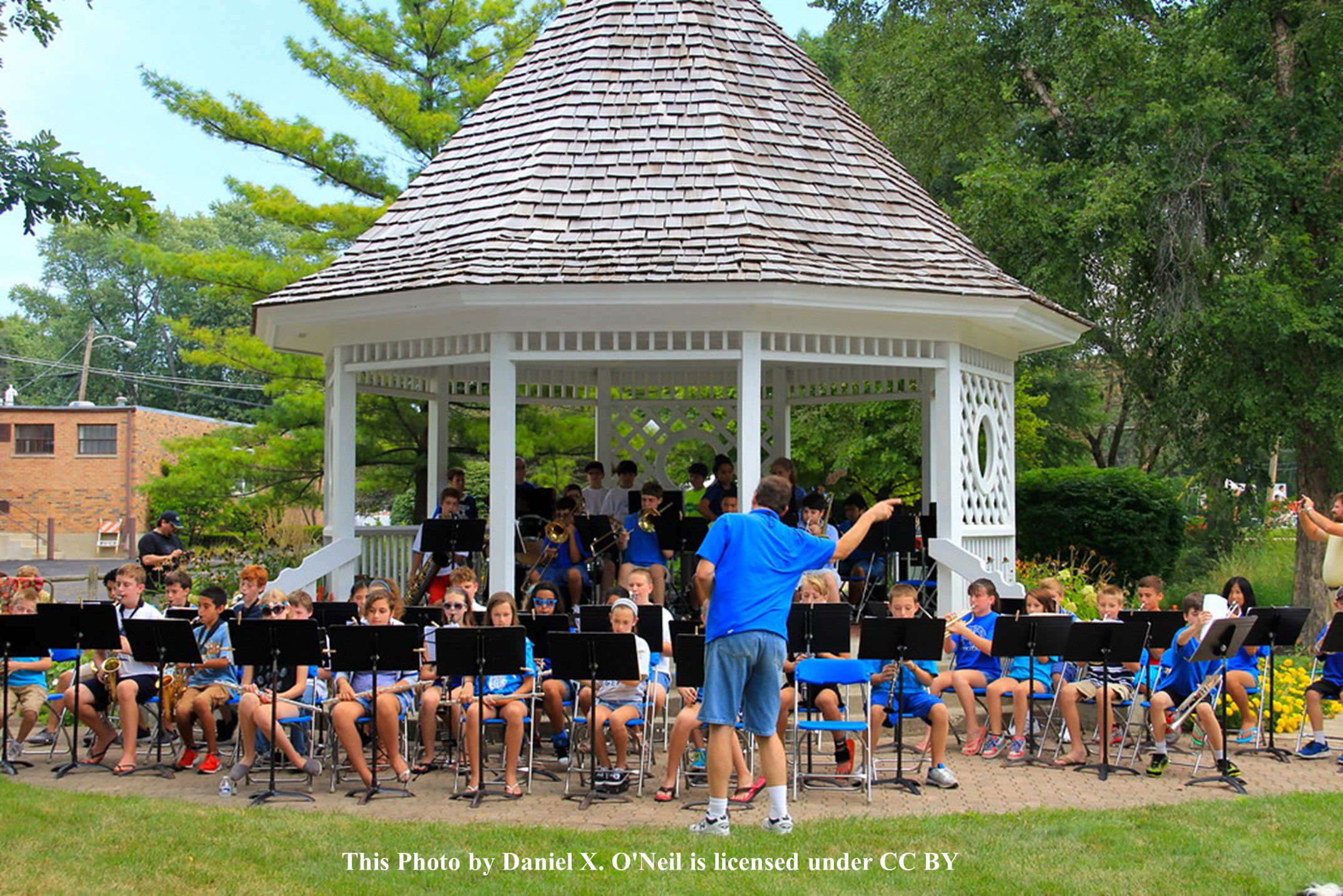Playing in a Concert Band Nurtures Your Health

In a world filled with constant hustle and bustle, finding ways to maintain our physical, mental, emotional and spiritual well-being has become essential. Among the wealth of options available, one activity that stands out for its holistic benefits is being part of a concert band. Beyond the sound of the music that delight the ears, participating in a concert band can have profound positive effects on a person’s health. From fostering social connections to enhancing cognitive functions, the journey through music in a setting of a musical community offers a unique avenue for care and well-being.
It doesn’t matter if the band you belong to is in a public or private high school, a homeschool band or a community band, if well-run, they all offer the same health benefits potential. Here are a few ways that playing in a Concert Band can lead to better health.

Provides a Sense of Belonging
Humans were created to be social creatures, and the need for connection runs deep within us. We also were created to need just a little solitary time as well. Playing an instrument (or singing) in a group provides occasions for both.
The provision for solitude for musicians is in the time they spend practicing. Even though the music may not be near perfect, yet, the sense of accomplishment and progress feeds the well-being of the musician. A well-spent practice time also develops maturity in musicians because they must make time for the practice, concentrate on the music that needs to be worked on and fill the time productively. Of course, in every practice session there should be a time for some fun playing.
The sense of community then comes when the group is playing their well-practiced music together. This is also true when, as is practiced in some bands, sections rehearse together, since what might be a challenge to a woodwind player might not be so for a brass player and vice versa.
Concert bands provide an ideal platform to foster meaningful relationships and create lasting bonds. Joining a group of fellow musicians who share a passion for music creates an instant sense of belonging. Through rehearsals, performances, and shared artistic pursuits, individuals in a concert band find themselves surrounded by like-minded people who appreciate their talents and contributions.
Belonging to a concert band nurtures a sense of community that goes beyond the confines of the rehearsal room or stage. Collaborative endeavors such as rehearsing together, coordinating melodies, and perfecting harmonies build a camaraderie that transcends age, background, and differences. This camaraderie serves as a support network, offering emotional resilience during challenging times and celebrating achievements together.
Military personnel, especially the enlisted, are trained in boot camp to work as a single unit to combat a common foe. Sports teams train to win against the opposing team. So, too, in concert band, the members are sometimes battling a common enemy. When playing inside, particularly in an unfamiliar place, the foe can take the form of improper temperature, not enough lighting, strange sounds or smells and a variety of other distractions. Outside playing has its own challenges which can also include extremes in temperature, having the sun in one’s eyes, or wind blowing music off of the music stand. Any or all of these challenges can bond the members of a concert band as they fight each of these elements, despite the fact that some of these unusual conditions, on their own, might cause some hardship or distress to any individual musician.

Provides Exercise for the Mind
The intricate process of learning and performing music is a workout for the brain. Reading, understanding, interpreting and correctly playing sheet music, and becoming increasingly competent on one’s instrument activate different areas of the brain, promoting cognitive growth and enhancing neural connections. Learning to play an instrument or perform in a concert band requires attention to detail, memory recall, and complex motor skills, all of which contribute to brain development.
Playing in a concert band, as with playing or singing any form of music, actually creates extra neural pathways that connect both sides of the brain. This, in turn, allows the player to think even better because there are now shorter pathways through the mind.
Moreover, the act of playing music requires active listening and rapid decision-making. Musicians must process auditory information, adapt to tempo changes, and adjust their playing in real-time to remain in sync with the ensemble. This heightened cognitive demand sharpens the mind, improving multitasking abilities and boosting overall cognitive flexibility.
There is also a lot of so-called muscle memory that is developed. Although it’s called muscle memory, it is actually neural networks in the brain that have become so well developed that they have been relegated to the function of involuntary muscle movement, nit unlike heart beating and lung function. However, this type of mental activity needs a visual or other sort of “trigger” to make it work, such as reading the music or playing from memory.
It Provides a Measured Amount of Stress Relief
In the fast-paced modern world, stress has become an unwelcome companion for many. In fact, the fast-paced world itself has become detestable to a lot of people. Engaging in music, particularly through playing in a concert band, offers a therapeutic escape from the pressures of everyday life. The rhythmic patterns, melodies, and harmonies provide a structured channel to channel emotions and alleviate stress.
Although many adults make fun of such children’s shows as Barney (the dinosaur), The Teletubbies and Mr. Rogers’ Neighborhood, the fact is that the reason they are so popular with children is that they offer a predictable routine that makes them feel safe. Mr. Rogers always comes in the door singing, changes his jacket for a sweater and changes his shoes. So it is in a well-operated Concert Band, each player knows what to expect – Get your instrument and music, find your seat, do warm-ups, play a familiar piece, work on a difficult section in a newer piece, etc.
So, the whole experience, including playing music, triggers the release of endorphins, often referred to as the "feel-good" hormones. These endorphins help combat stress and promote a sense of relaxation and happiness.
When people listen to music casually, that is, not paying close attention to it, using it as a backdrop to their focus activity, there is a small amount of these endorphins released in the brain. Concentrated listening, that is paying attention to the melodies and harmonies, whether they are understood or not, produces even more endorphins. However, when people immerse themselves in playing music, the endorphins soar and it allows individuals to temporarily detach from their worries and submerge themselves in a creative flow, creating a highly focused state that calms the mind and lowers stress levels.

Physical Fitness Through Music
While the connection might not be immediately obvious, participating in a concert band can also contribute to physical fitness. Here are few ways that musicians benefit from participating in a concert band. Notice that the word participating is used, not just playing. As in any music ensemble, whether it be concert band, string orchestra, a choral group of some sort, or even a rock, pop or country band, there are any number of things that need to happen to make the music happen. These apply whether the musicians are doing individual practice, section rehearsal, full rehearsals or playing a concert.
* Moving Things – Even for rehearsals, things like each individuals musical instrument, music folder, music stand and chair must be moved to the right place. Concert bands often will play on stages outside of their normal location. That means that everything needs to be moved and everyone will need to help move things – instruments, including tubas and timpani, music stands and chairs, conductor’s podium, boxes of music, and many miscellaneous items. So, even the piccolo player needs to be physically fit in order to have a successful move.
* Breathing – Wind instruments each seem to have their own breath requirements. The tuba and bassoon take massive quantities of air to play. The trumpet, French horn and flute require skillful control of air speed to play well. To play instruments like the clarinet and oboe involves mouth and lip control as well as lung control. Breathing deeply, indeed, breathing deeper than normal increases oxygenation of the blood, which enables better thinking processes as well as physical healing processes. Such breathing tends to improve cardiovascular health and lung capacity.
* Posture and Large Motor Skills – As simple as it may seem, sitting up straight and holding one’s instrument correctly is essential for the best possible sound from the instrument. This takes a coordinated set of larger muscles, e.g., back, arm and shoulder, and even leg muscles for some instruments. If these aren’t being used properly, the fine motor skills won’t matter much.
* Coordination and Fine Motor Skills – A musician needs to have very precise control over the movement of hands and fingers. Brass instruments with valves take quick, deliberate motion of the fingers to make the notes sound accurately. The trombone slide must also be moved quickly and accurately. Woodwinds have an enormous set of fingerings, and some alternate fingerings, that must be executed swiftly and precisely. Percussionists must be able to control the sticks or other beaters to obtain not only the exact rhythms called for, but at the proper dynamics.
From this list of necessary skills, it’s obvious that band members get a lot of physical health benefits from participating, and playing, in a concert band. But, even with the benefits, it also helps if they do some other sort of exercise, whether a workout or playing sports, even just for fun.
A Spiritual Harmony
The act of creating and performing music can also hold spiritual significance for Christians. Music has been used for centuries as a medium to connect with God through worship, and to reflect on one's faith. In a concert band setting, musicians can experience a sense of spiritual fulfillment by grasping the words of martin Luther when he said, “Music is a fair and glorious gift of God…for besides theology, music is the only art capable of affording peace and joy of the heart.” And Psalm 150 makes mention of playing a variety of instruments in praise of God.
A Personal Note – Because of all of the references to using music to worship God, and the variety of instruments mentioned to do so, I encourage all Christians who play in a concert band also to contribute their musical talents to worship services and other church events. The act of producing true musical art can serve as a form of spiritual expression, deepening the connection between faith and artistic expression.
Conclusion
Participating in a concert band is not just about playing music; it's a holistic experience that nourishes the mind, body, and soul. From the social bonds that form to the cognitive growth and stress relief that music offers, concert bands provide a rich avenue for personal growth and well-being. For Christians, the act of making music can also be a form of spiritual worship and expression. So, whether you're picking up an instrument for the first time or rediscovering your love for music, consider joining a concert band and embarking on a harmonious journey toward enhanced health and well-being.
Salt Cellar Creations recognizes the health benefits of playing in a concert band. SCC has a growing library of original works and arrangements that allow the band members to advance their skill levels while enjoying a sense of accomplishment after trying new music. Find out more about what Salt Cellar Creations has to offer for Concert Bands HERE. Explore the available music HERE.
SCC can also compose an original piece for you or do a custom arrangement for you. There are two ways that this can be done; one is much more affordable than the other. And SCC is always looking for ideas of pieces to arrange or suggestions for original pieces.
We have sold music not only in the US but in Canada, the United Kingdom, France, Australia, New Zealand and Austria. Please visit the WEBSITE or CONTACT US to let us know what we can do for you!